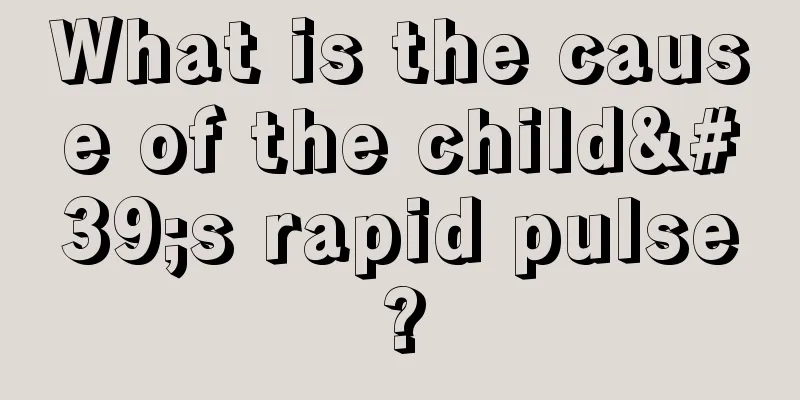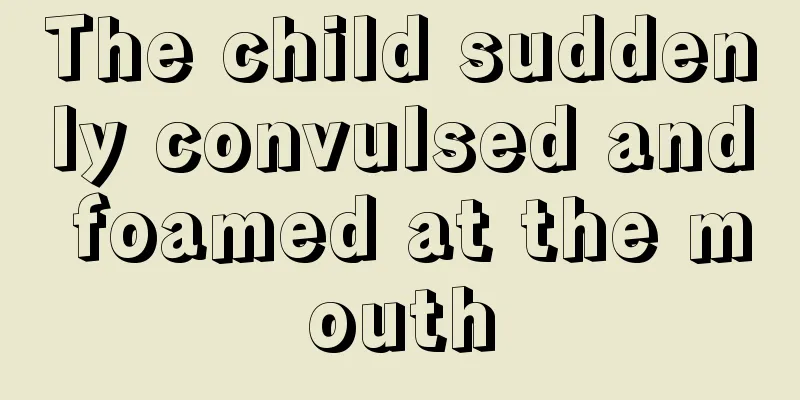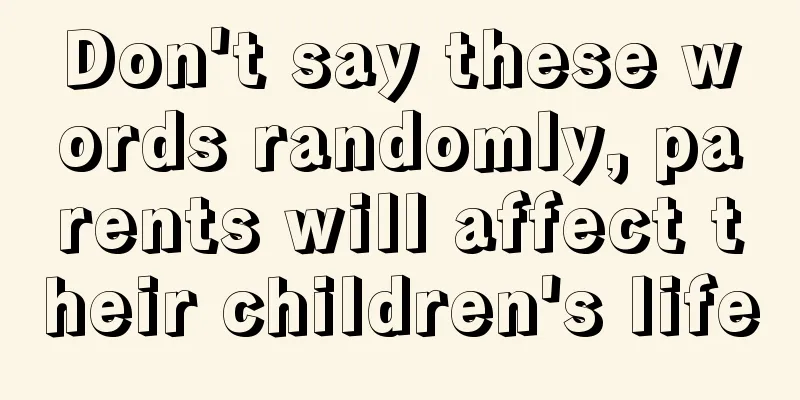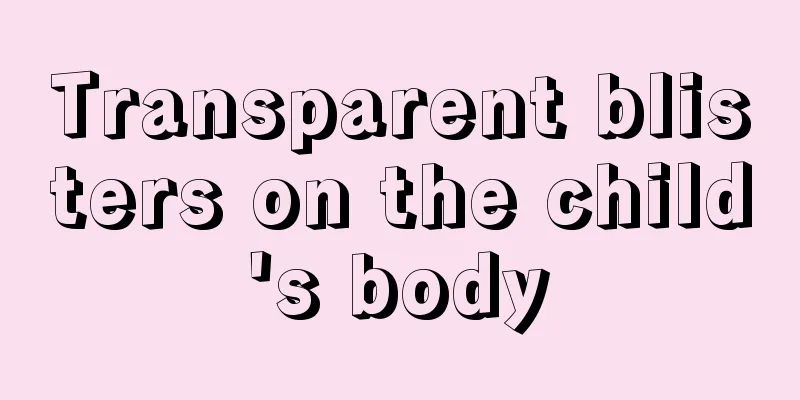What is the cause of the child's rapid pulse?

|
It is well known that children's body temperature is generally higher than that of adults, and their heart pulse is also higher than that of adults. Children aged one to six years old have a heart pulse of 80 to 120 beats per minute, while those over six years old have a heart pulse of 60 to 100 beats per minute. This is the normal value of a child's heart pulse. Once it exceeds the standard, parents should pay close attention. So, what is the matter with a child's fast pulse? First, why does a child have a fast pulse? A child's heartbeat is definitely faster than an adult's, so a child's body temperature will be slightly higher than an adult's. This is also the reason for the fast heartbeat, but there is no need to be nervous! Children's faster heart rate is related to their vigorous metabolism and the dominance of the sympathetic cardiac nerves. Gradually slows down with age. Second, the heartbeat. Every time the heart beats, the left ventricle ejects blood into the aorta. The blood is transported to all parts of the body through the aorta for blood circulation, removing carbon dioxide and waste from the body, and inputting oxygen and nutrients to ensure the body's metabolism. Since the excitability of children's hearts is relatively high, the younger they are, the faster their heartbeats. And when the amount of activity increases, they cry, are nervous, and have a fever, their heartbeats will also increase. It is normal for children to have a fast heartbeat, and it is normal for children to have a heartbeat of 100. What is the reason for a child's fast pulse? Generally speaking, the normal range of a child's heartbeat is: 80-140 beats/minute for children under 1 year old; 80-120 beats/minute for children aged 1-6 years old; 60-100 beats/minute for children over 6 years old. However, the above frequencies should be in a quiet state. If the child is active or participates in physical exercise, the heartbeat can be significantly faster. Children are in the period of growth and development and need a lot of oxygen and nutrients. The more they need, the more waste they excrete. In this way, the heart needs to beat faster so that the blood can flow faster, bring more oxygen and nutrients into the body, and transport useless waste out of the body faster. The heartbeat of a child is faster than that of an adult. Sometimes it depends on what situation she is in. The frequency of children's activities is higher than that of adults. If she is an active child and looks healthy at ordinary times, then there should be no big problem. You can let her stabilize for a few minutes, such as before going to bed, and measure her heartbeat. If the heart rhythm is unstable under stable conditions, it is recommended that you take her to the hospital for a check-up. In addition, fever and viral infection will cause a fast heartbeat, as long as she can recover quickly, there will be no problem. |
<<: The child has a fever and his pulse is beating fast
>>: What causes hyperthyroidism in children?
Recommend
Reasons for dark green stools in newborns
The stool of newborns is quite changeable. Becaus...
How many months does it take for a baby to stand?
Children cannot talk or walk after they are born....
How many times a day should a 50-day-old baby poop?
After birth, newborns will defecate almost every ...
Treatment for a child's unexplained fever
In fact, you will encounter many problems in the ...
What should children eat to grow taller
As children grow up, there are many things that p...
What’s wrong with my 2-year-old baby’s white spots on his fingernails?
The nails of a two-year-old baby at home are usua...
Is it normal for a four-year-old baby to sweat while sleeping?
Sometimes babies sweat while sleeping, which make...
Can children eat shrimp?
Children are in the stage of growing up and need ...
Causes and manifestations of delayed language development in children
Those who have children at home know that a child...
Causes of cerebral palsy in children
During the baby's growth process, parents wil...
Symptoms of intestinal spasms in children, parents please take note
If a child develops intestinal spasm, the most ob...
The baby has high jaundice on the second day after birth
Some babies develop symptoms of high jaundice on ...
What should I do if my baby has BCG abscesses?
Some babies need to be injected with BCG vaccine ...
Why does the child cry every night?
The child cries every night, and I am worried tha...
Why do babies suck their fingers for two months?
If some babies have certain problems, correspondi...









